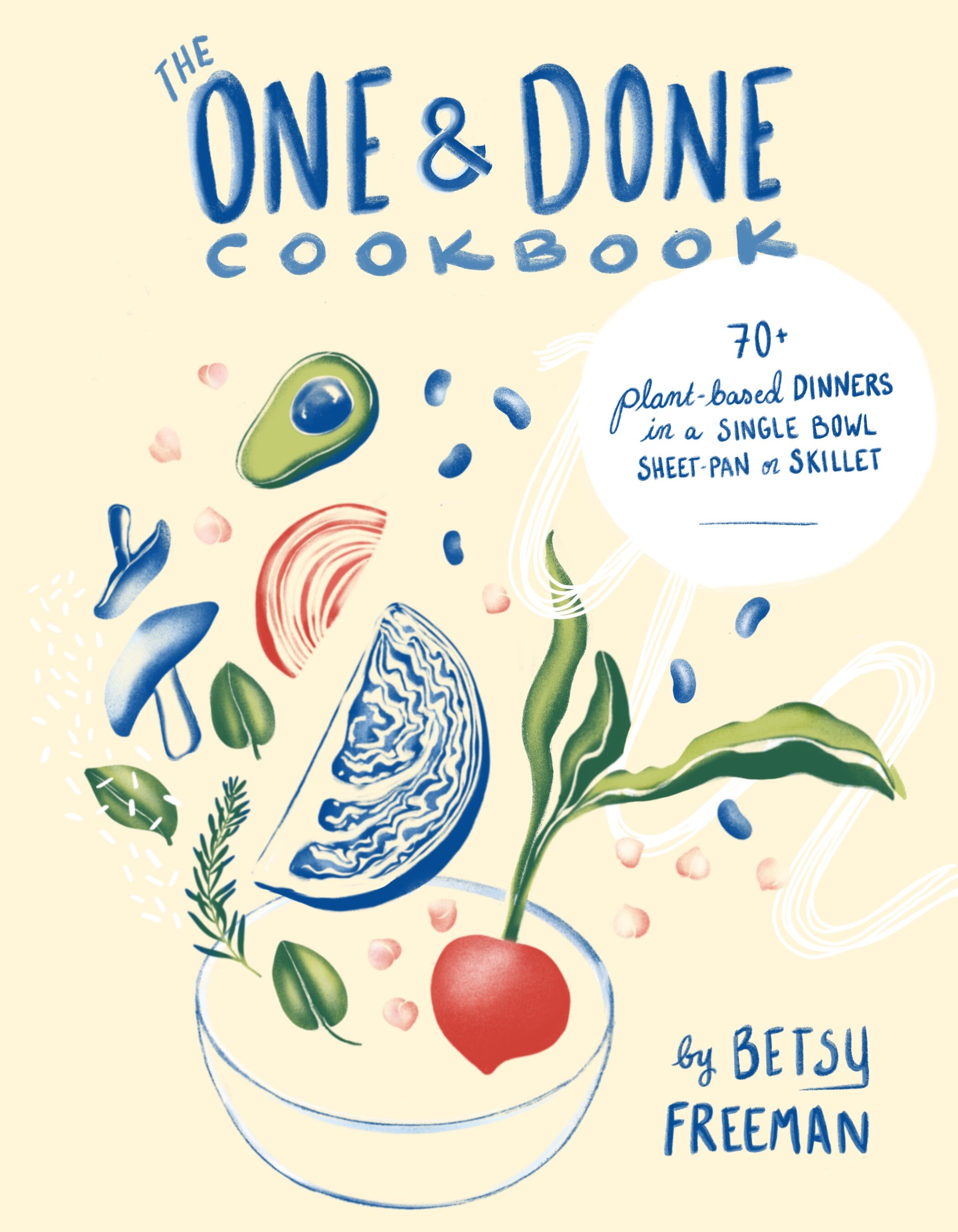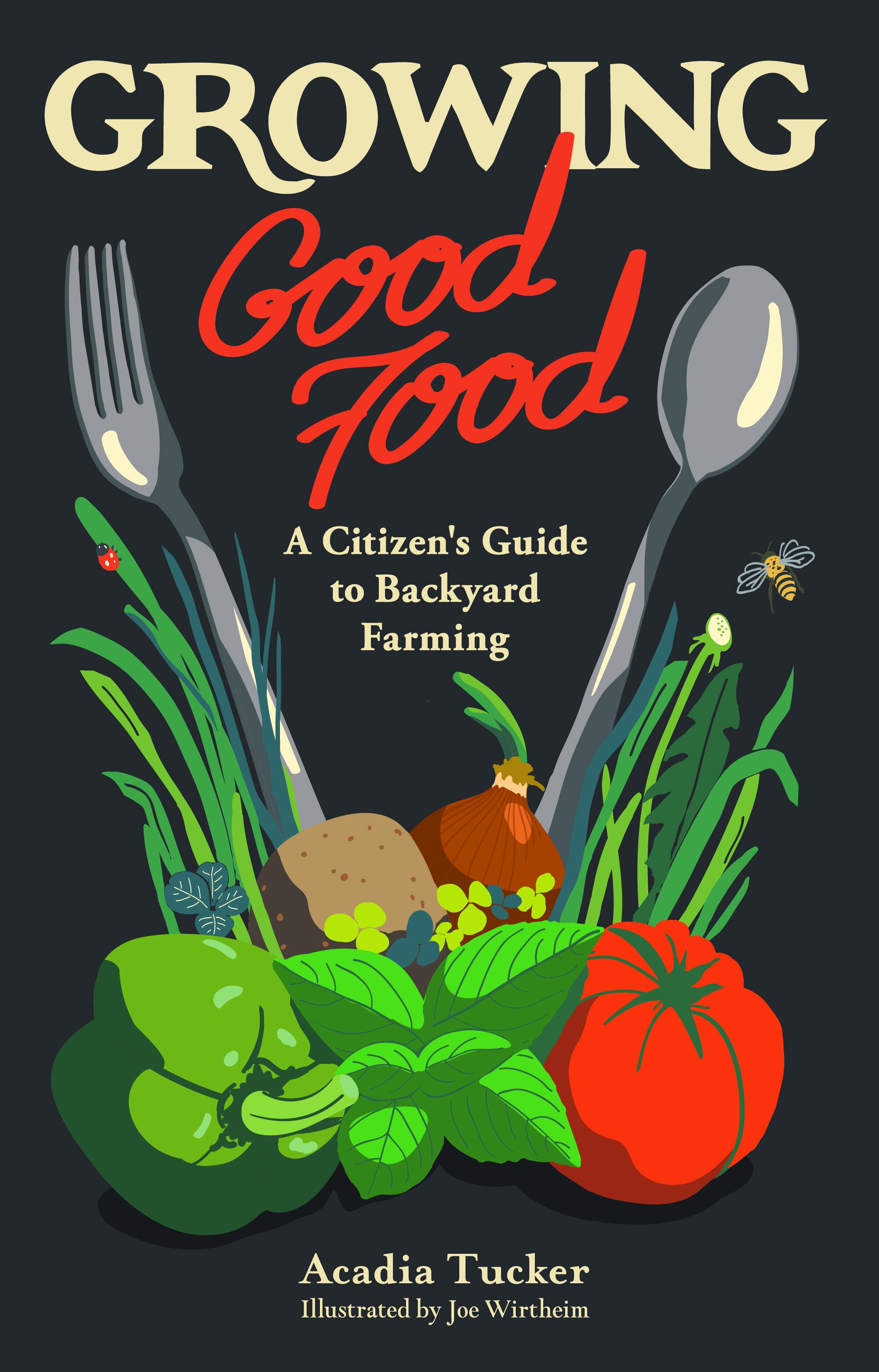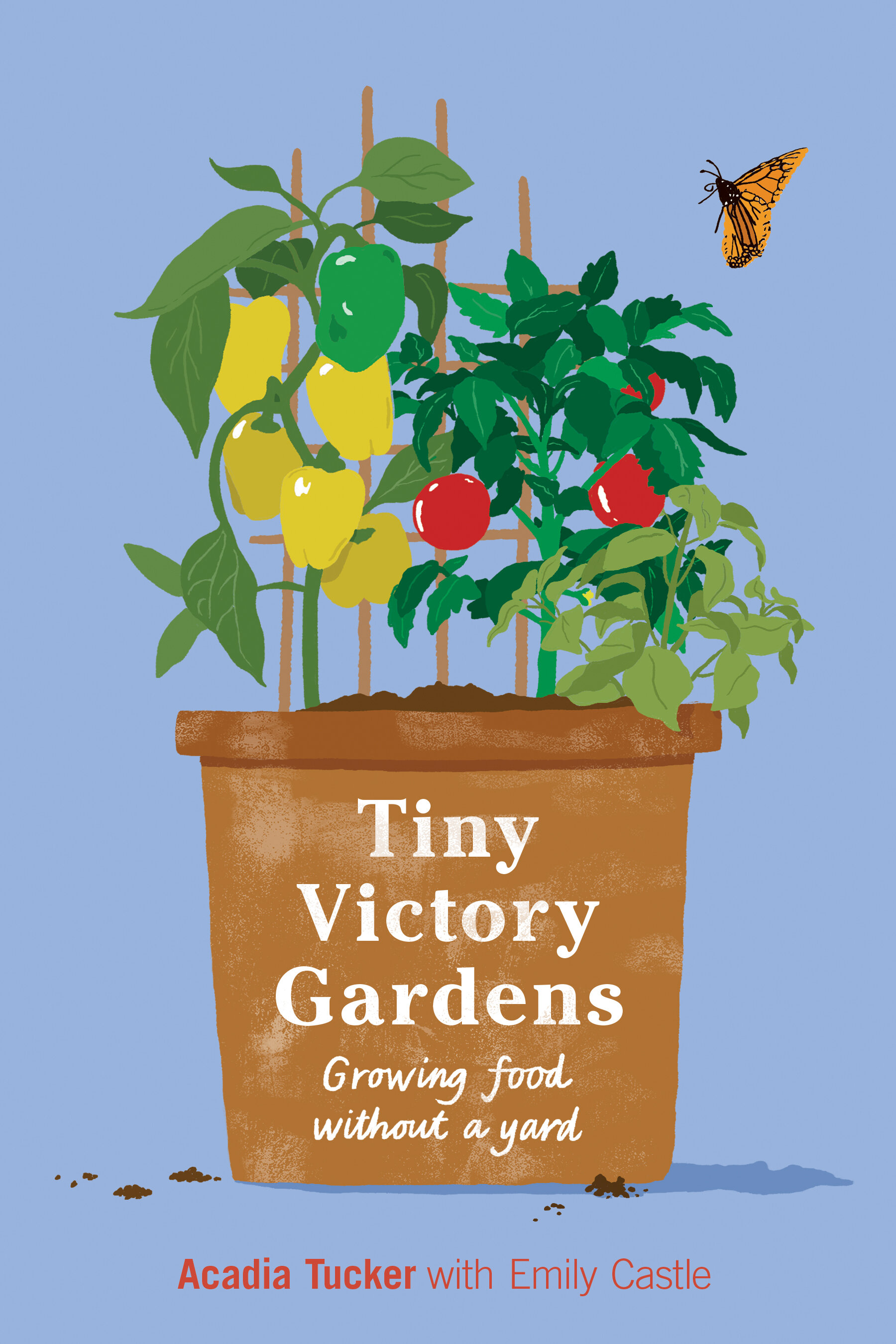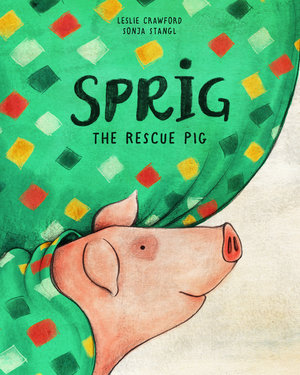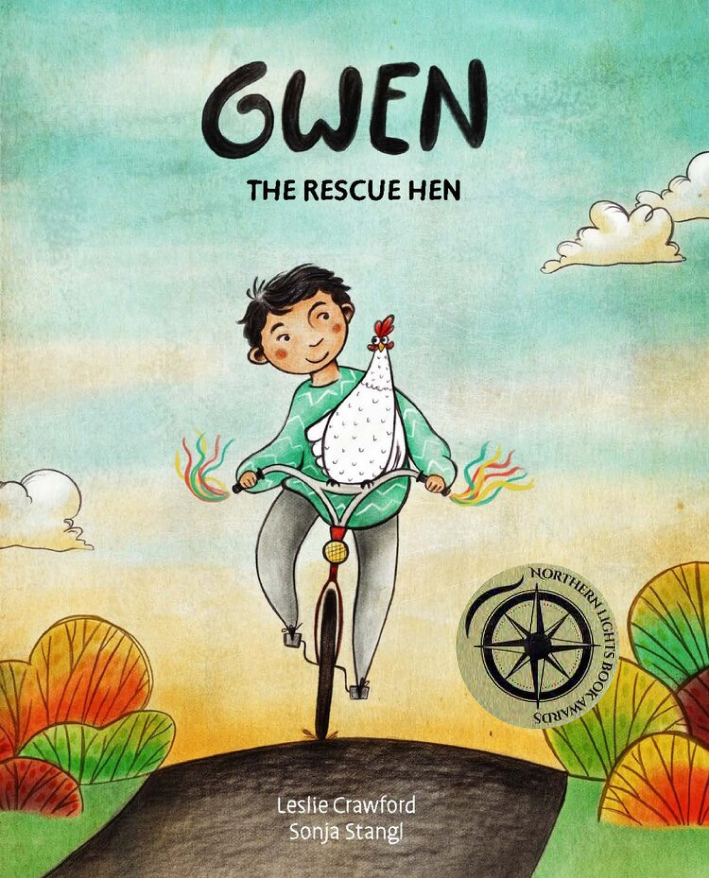We waste lots of food. Can grocery store Happy Hours help?
European retailers are ahead of the US in reducing food waste, thanks to innovations like food waste supermarkets and late-in-the-day discounts on perishables. Image Source
I recently asked a friend who works at a grocery store what happens to expired food at the end of the day. My assumption was that free grub was a perk of working there, since newly expired food is generally still edible.
“No free food here,” he said. He explained that his company has a strict policy against giving out “expired” food, even to employees. He agreed this is a waste, especially given the huge number of homeless here in Detroit. In addition, the food these supermarkets throw away every year (in 2008 it amounted to 43 billion pounds) is a significant source of greenhouse gas emissions.
Promoting awareness of this tremendous amount of retail food waste is behind the move by the Center for Biological Diversity (CBD) to grade stores on behavior. Just last month it handed out winning grades to six out of 10 supermarket chains, a drastic improvement from the C-grades it dished out to nine supermarkets in 2018. The number one ranked business this year was Kroger, which put $10 million towards its Zero Hunger, Zero Waste initiative, which redirects food to people in need and has pledged to end food waste by 2025.
The 2019 Grocery Chain Report Card found that Kroger and Walmart outpace Trader Joe’s when it comes to mitigating food waste. But every store has a ways to go in prevention.
It’s a start, but only a start. The low waste initiatives undertaken by US grocery chains are in early stages of development. Meanwhile, Europe is showing us how it’s done.
Happy hours and food waste supermarkets
In Finland, a grocery store chain known as S Group, hosts daily Happy Hours. At 9pm, its stores add a 60 percent discount to red-sticker food items, which have already been discounted by 30 percent. A total of 50 million red-sticker items were sold last year, and one of the stores saw a 25 to 30 percent reduction in waste. The chain also offers an app that allows shoppers to calculate the carbon impact of the food in their shopping carts.
The S Group in Finland adds a 60 percent discount at 9pm to items soon to expire. Image Source.
Among the other many creative ways Europe is tackling retail food waste:
Opening a food waste supermarket in Denmark. WeFood sells food with damaged packaging, incorrect labeling, and items past their expiration date. Food items are sold 30 to 50 percent cheaper and all profits go to support projects in developing countries.
Subsidizing low-income shoppers in England. The Real Junk Food Project accepts donations in lieu of payment in a pay-as-you-want model. Contributions from those willing to pay full price allow low-income individuals to shop in the same grocery store. The project has saved more than 5,000 tons of food since it started in 2013.
Banning the disposal of unsold food in France. Stores can be fined up to $4,500 for jettisoning perfectly edible food. The law has increased the number of charitable food donations across the country, with more than 5,000 organizations now relying on food banks to redistribute donations.
Saying no to bulk sales in Norway and beyond. In a solid rebuke of America’s Costco-happy brand of shopping, a Norwegian no-frills chain called REMA 1000 has eliminated bulk discounts completely. Similarly, the UK giant Tesco stopped using bulk promotions in 2013 after it discovered that 68 percent of bagged salad was never opened.
What about the States?
The Center for Biological Diversity would like to see far more action from US retailers. In its assessment on retail practices, it notes that zero waste efforts in this country are often focused on donations. “Given the urgency of the impact of food production on the planet,” writes the CBD, “the pace of the grocery industry as a whole in addressing food waste and loss is far too slow, too secretive, and too focused on donations and diversion instead of prevention.”
“The pace of the grocery industry is far too slow, too secretive, and too focused on donations and diversion instead of prevention.”
One meaningful way to prevent food waste is to overhaul the way expiration dates are used. Manufacturers use dates to establish when food is at peak freshness, which means that most of the items making their way from grocery shelves into dumpsters are perfectly good. We see the same story at home. Ninety percent of Americans misinterpret these dates, according to the NRDC. In the U.K., an estimated 20 percent of avoidable food waste in households is discarded because of date labeling confusion.
The Food and Drug Administration is urging manufacturers to standardize date labeling to minimize confusion. For instance, research has found that shoppers are less likely to toss food if the label says “best if used by” (rather than “best by” or sell by”). The best way to detect spoilage, according to the USDA? Use smell, touch, and sight.
The Center for Biological Diversity and the Environmental Protection Agency agree that the most effective way to mitigate food waste is through prevention and source reduction. Image source.
What you can do
So how can we prevent retailers—and ourselves—from throwing away so much good food? Start by doing your homework, demanding action, and exercising your power as a shopper. Knowing how seriously to take expiration dates can also help reduce waste at home.
“Grocery stores widely considered organic or eco-friendly, such as Trader Joe’s and Whole Foods, may not be when it comes to food waste.”
Support the good guys. Take a few moments to read up on the grocery stores working to eliminate waste. Google your local stores to see if they have any initiatives to reduce waste, and let them know you’ll support them if they do. Be aware that grocery stores widely considered organic or eco-friendly, such as Trader Joe’s and Whole Foods, may not be when it comes to food waste. Both received lower scores from the Center for Biological Diversity than larger chains.
Stop the madness of bulk shopping. University of Arizona researchers found that much of the food waste that occurs in this country can be blamed on bulk shopping. So don’t stock up on items you may never get around to using up. Get used to making shopping lists so you don’t impulsively grab items you don’t need.
Look beyond the expiration date. For perishables, learn to trust your taste buds and sense of smell rather than the expiration date. Dry goods have a long shelf life well past their given date. Most canned items can be stored for two to five years. Highly acidic foods, such as pickled items, can be stored for up to 18 months. Aging vegetables and fruit can be reborn as jam, soup, smoothies, sauces!
Choose ugly fruit and veggies. People are learning that “ugly” produce is just as delicious as traditionally “perfect” produce, thanks in part to platforms like Imperfect Produce and Misfits Market. These services deliver the produce most grocery stores deem unsellable, and it costs less.
Consider an app that heads off waste. Olio helps you find a new home for food you can’t use. Users post a photo of the item and where it is located, so it can be snapped up by others. Olio also rehomes non-food items, such as clothing and household goods. Many of the items are free for the taking. Another app, No Waste, allows you to inventory the food in your house and share the list with roommates so you don’t double buy. It also tracks your monthly savings and waste.
Jacqui Spears is a Stone Pier Press Fellow based in Detroit, MI.






